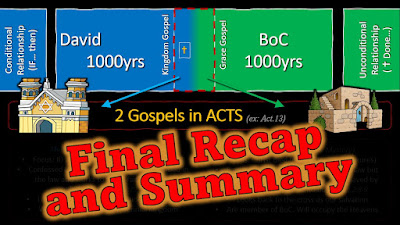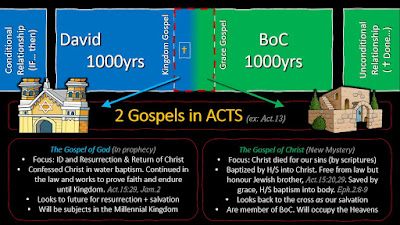How do I know when something is a sin?
The bible clearly lists various things as sins and therefore it is easy to know that these things are morally wrong. Things like, idolatry, greed, covetousness, lying, gluttony, complaining, murder, bribery, stealing, gossip, jealousy, adultery, etc. These and many more are either a violation of God's moral laws or a violation of moral and ethical laws set out by an authority like a government or ruling entity. Violating these causes you to fall into sin and probably face some form of consequences.
But what about things that are not so obvious? Is smoking a sin? Is drinking a sin? What about anger, or not giving to the needy, or hurting someone's feelings? Do I sin if I choose not to go to church or if I want that extra piece of cake? What happens if I get a speeding ticket? Have I sinned in God's eyes for violating a law on the road? The list can go on and on, so the question remains, how do I know when something is a sin, especially if it is not as obvious, and not necessarily listed in the bible?






